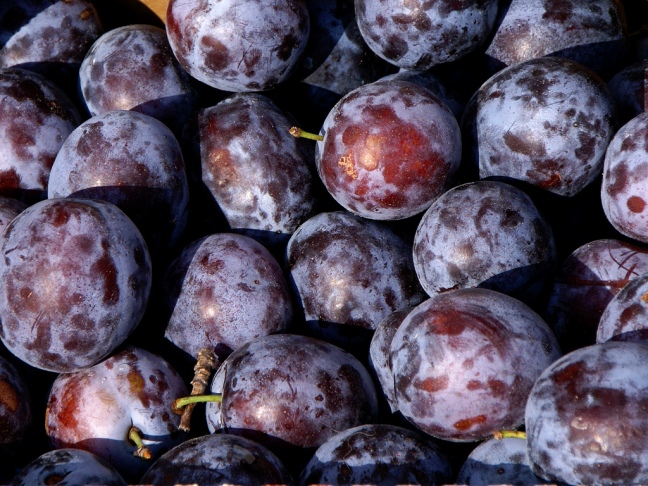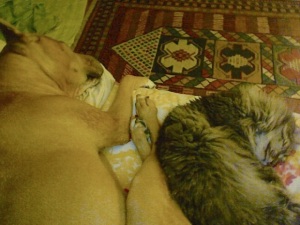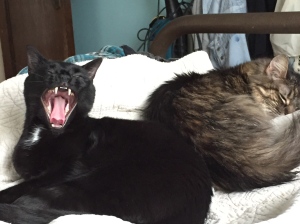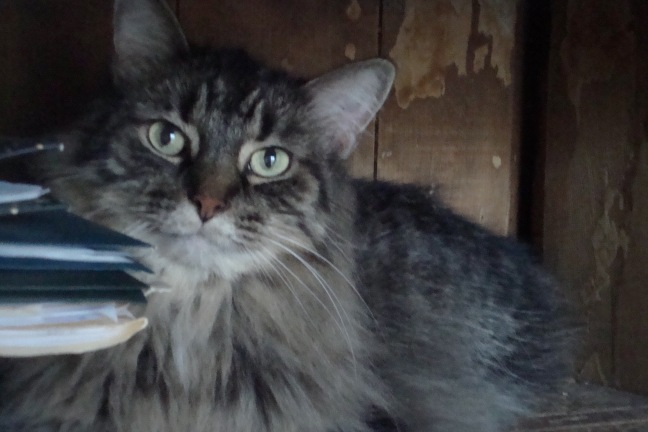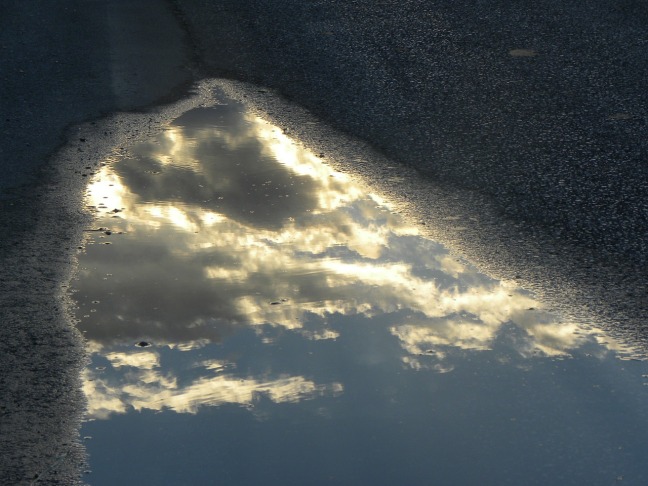
“No more pleasant sight has met my eye than this of so many thousand of living creatures in one small drop of water.”
– Antonie van Leeuwenhoek, 17th century pioneer in microbiology
Last fall I did a poetry residency with a seventh grade science class. They were studying cellular structure and respiration followed by a unit on genetics and DNA. Their teacher and I discussed ways we could connect poetry and science with the students. We landed on the big idea of close observation, noticing deeply and seeing patterns—essential skills for both poets and scientists. We wanted the students to practice looking closely and describing what they saw in precise detail.
We asked them to consider the question:
What do we learn from looking closely? Continue reading One Small Drop of Water: Poetry at the Cellular Level


